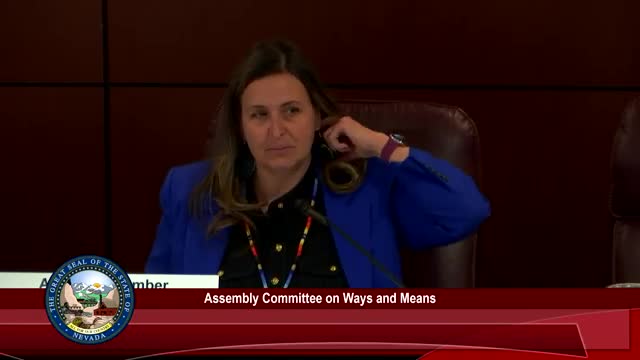Article not found
This article is no longer available. But don't worry—we've gathered other articles that discuss the same topic.
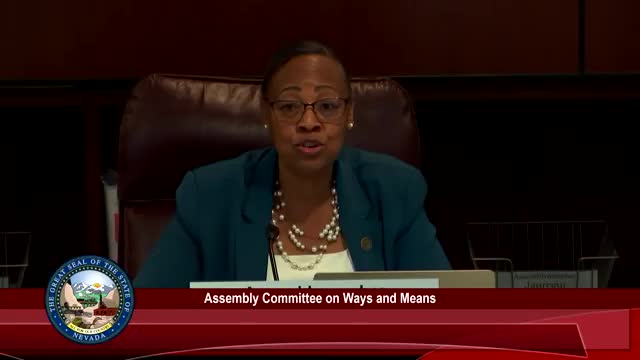
CSN Northwest campus bill advances in committee hearing; sponsor cites deadline to develop land
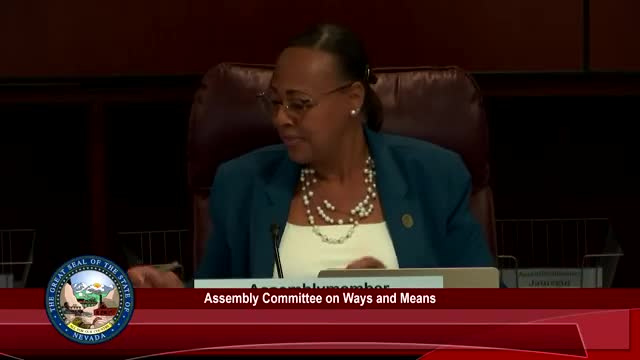
Nevada committee hears bill to give education support professionals full PERS service credit
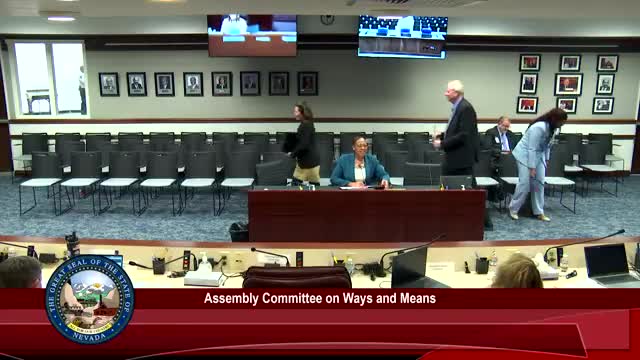
Policy clash: proposal to raise non‑governmental gifts threshold draws transparency concerns
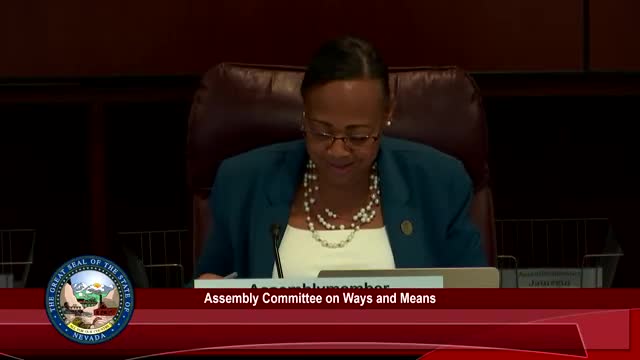
Ways and Means committee approves six BDR introductions at evening meeting
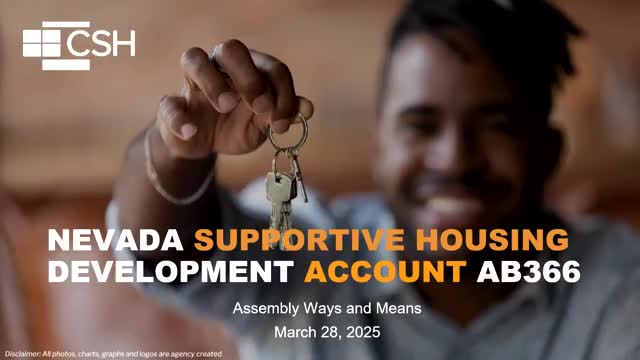
Committee hears proposal to make Nevada’s supportive housing fund permanent and add $25 million
